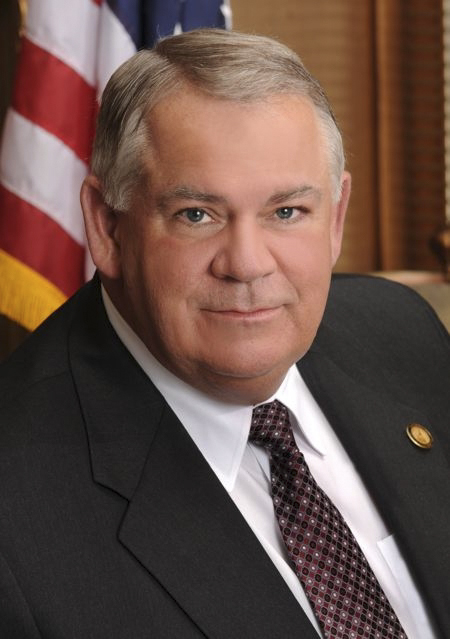
ATLANTA – Georgia House Speaker David Ralston introduced bipartisan legislation Wednesday to overhaul a state mental health system ranked 48th in the nation for access to mental health and substance abuse services.
“I am tired of telling desperate and hurting families that we have no treatment options in Georgia,” Ralston, R-Blue Ridge, said during a news conference announcing the bill.
“Georgia is a great state. Passing this landmark bill will also mean we’re a good state.”
House Bill 1013 incorporates the recommendations of a task force formed in 2019 that included mental health, substance abuse and criminal justice experts.
The Behavioral Health Reform and Innovation Commission was asked to develop solutions to the funding, workforce, access and insurance issues that hamper mental health and substance abuse services in Georgia.
The statistics are alarming, particularly since the coronavirus pandemic struck Georgia in March 2020.
Georgia’s mental health crisis hotline has experienced a 24% increase in calls, texts and chats since the pandemic began, while mental health screenings have soared by 426%, Judy Fitzgerald, commissioner of the state Department of Behavioral Health and Developmental Disabilities, told members of a House committee last month.
The state also saw a 36% increase in drug overdose deaths between April 2020 and last April, Fitzgerald said.
“This bill is a giant leap forward and will fill many of the gaps we have in our mental health system,” said former Rep. Kevin Tanner, R-Dawsonville, who co-chaired the commission. “It will provide hope and support for families who have waited for too long.”
Funding will be key component of the General Assembly’s push to improve mental health and substance abuse services.
Lawmakers voted last spring to add $56 million to this year’s state budget for mental health, and more is on the way.
Rep. Mary Margaret Oliver, D-Decatur, a member of the commission and cosponsor of the 74-page bill, described it as “comprehensive” and a “deep dive” into the mental health system challenges Georgia faces.
Among other things, the measure seeks parity in pay for mental health providers compared to other health-care providers, strengthens workforce development initiatives aimed at addressing a shortage of mental-health workers and looks to help police departments forced to serve as first responders to calls involving people suffering from mental illness or substance abuse.
“We ask law enforcement to do a lot with mental-health care they’re not trained for,” Ralston said.
The legislation should enjoy a smooth path in the House. Its cosponsors include House Majority Leader Jon Burns, R-Newington, and Minority Leader James Beverly, D-Macon.
This story is available through a news partnership with Capitol Beat News Service, a project of the Georgia Press Educational Foundation.